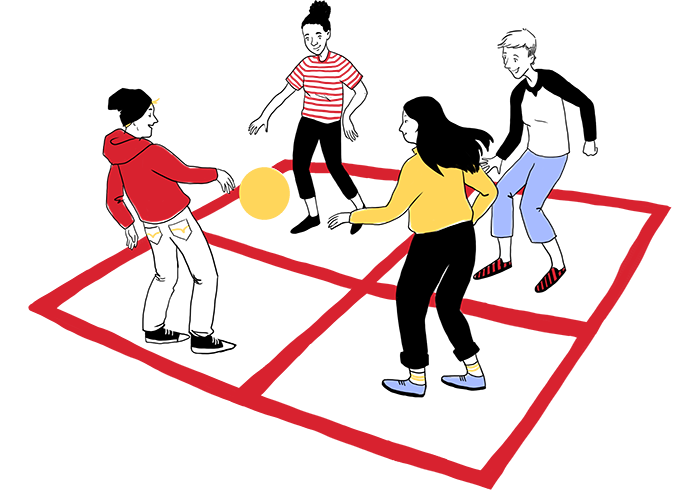English translation
Hi! The English site is only a beta for now and still has many errors (especially in names and locations).
We are working hard to fix them and making more content available than ever before so expect constant updates.

No child should have to endure or witness abuse, especially not in their own home. The sanctity of the home does not extend to abuse.
Any abuse in a home where children are present is also considered abuse against children.
Definition of abuse and neglect against children according to the Icelandic Child Protection Act:
Abuse involves actions that result in or are likely to result in harm to a child's development.
Neglect involves a lack of necessary action that results in harm or is likely to result in harm to a child's development.
Child abuse can be physical, psychological, and sexual. Children are vulnerable and seldom able to protect themselves. Children's situations often make it difficult for them to escape abusive environments, and they often receive help too late.
Physical abuse, for example: hitting, throwing, kicking, shaking, throwing, choking, and injuring with a weapon.
Psychological abuse, for example: rejecting, isolating, belittling, ignoring, locking up, threatening, denying necessities, and constant yelling.
Sexual abuse, for example: verbal abuse, image sharing, touching, fondling, and rape.
Signs of dysphoria in a child experiencing abuse may include the following:
If a child shows changed behavior, it is crucial to respond. However, a change in behavior does not necessarily mean a child is being abused, and it is important to note that a child experiencing abuse may not change their behavior or show any different symptoms.
Children who have experienced domestic abuse often struggle with its effects into their teen and adult years.
Scholars and professionals working with children who have experienced psychological and physical abuse believe it has negative impacts on their health, development, and well-being. Psychological abuse is even considered more harmful than physical abuse.
The effects can manifest as physical injuries, mental and social issues. Common consequences include low self-esteem, anxiety, depression, and suicidal thoughts, as well as alcohol and drug use. The consequences of domestic abuse often manifest in children's behavior, frequently characterized by violent behavior in interactions with other children.
A child's experience of abuse at home is not limited to actions but also encompasses experiences and indirect effects of the abuse, such as witnessing abuse or overhearing incidents. Growing up with domestic abuse can have lasting effects on a child's mental and physical health into adulthood. Children living with abuse are at risk of not having their basic needs met. Studies have repeatedly shown that children do not need to experience the abuse themselves or directly witness it to suffer. Children often witness the consequences of domestic abuse and experience stress living in a home filled with constant tension.
Children and adolescents who experience violence at home or elsewhere can seek help from the Child Protection Committee. However, there are more organizations that can assist children and adolescents living in adverse conditions.
By law, everyone in Iceland is obligated to report to the police or the child protection committee if there is suspicion that a child is being abused, experiencing harassment, or living in unacceptable conditions. The person reporting does not need to have substantiated suspicion that a child is being abused.
Let children benefit from the doubt and allow professionals to investigate and take action if necessary. Those who report can request anonymity from all parties involved except the child protection worker. Those who work with children, such as preschool teachers, primary school teachers, after-school program staff, healthcare professionals, and trainers, have a particular duty to report.
Learn more about reporting child abuse here.
You can change a child's life!